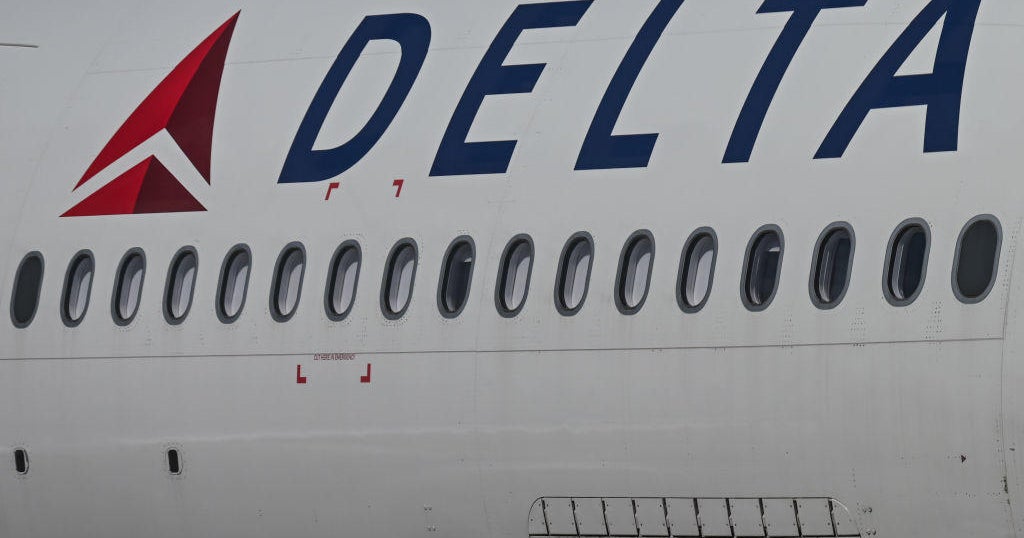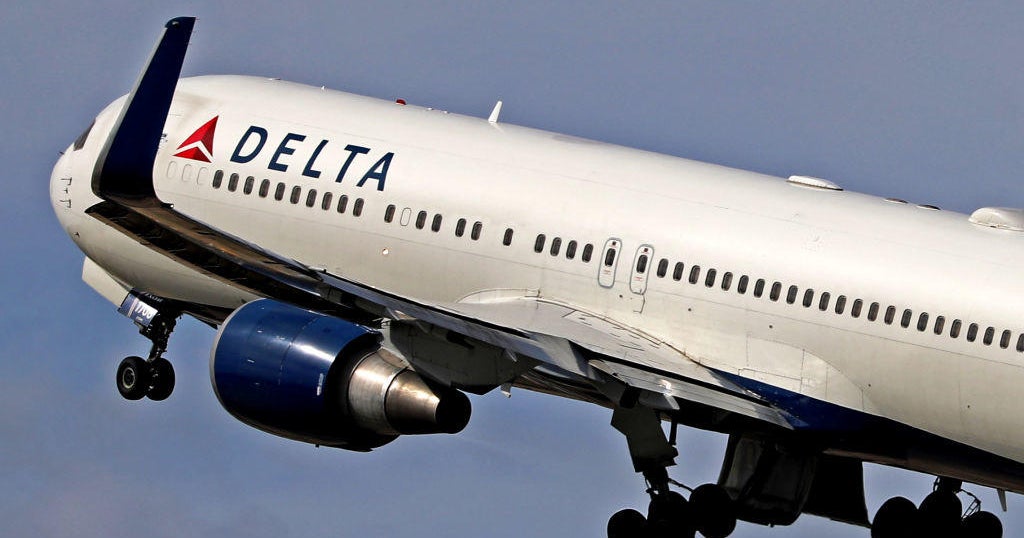CBS News
Delta will start serving Shake Shack on flights. But there’s a catch.

Shake Shack fans may soon have a new favorite airline, with Delta Air Lines serving up the restaurant chain’s burgers on flights out of Boston beginning in December.
The partnership kicks off on Dec. 1, and will only be available on flights out of Boston. Delta said it has plans to serve Shake Shack burgers on additional flights in other U.S. markets throughout 2025.
There’s a catch, however: the meals are only available to customers sitting in first class and on routes longer than 900 miles.
First class passengers can pre-select a Shake Shack Cheeseburger for their meal option, the airline said. Shake Shack’s full menu will not be available in the skies. Customers can choose their entrée via Delta’s app or its website starting seven days before a flight and ending 24 hours in advance of takeoff.
“A delicious cheeseburger is an iconic comfort food – our customers know that which is why burgers are one of the top ordered menu items we offer, and we’re thrilled to elevate the offering with Shake Shack,” Delta’s managing director of onboard service Stephanie Laster said in a statement.
The deal represents an extension of Delta’s long-term partnership with Union Square Hospitality Group (USHG) and Danny Meyer, the founder of Shake Shack.
What’s in the burger?
Shake Shack cheeseburgers feature a 100% Angus beef patty, topped with cheese and served on a toasted potato bun.
Customers can also select toppings including tomato, lettuce, and ShackSauce to create a signature ShackBurger on menus at Shake Shack locations nationwide. The meal also comes with chips, a Caesar salad, and a dark chocolate brownie.
In recent years, airlines have worked hard to revamp airplane food’s reputation. They’ve touted partnerships with gourmet food purveyors and top-notch restaurants to distinguish themselves and entice customers to fly with them.
CBS News
Ritchie Boys | 60 Minutes Archive

Watch CBS News
Be the first to know
Get browser notifications for breaking news, live events, and exclusive reporting.
CBS News
The significance of U.S. officials in Syria amid search for Austin Tice

Watch CBS News
Be the first to know
Get browser notifications for breaking news, live events, and exclusive reporting.
CBS News
The Iron River | Sunday on 60 Minutes

Watch CBS News
Be the first to know
Get browser notifications for breaking news, live events, and exclusive reporting.







